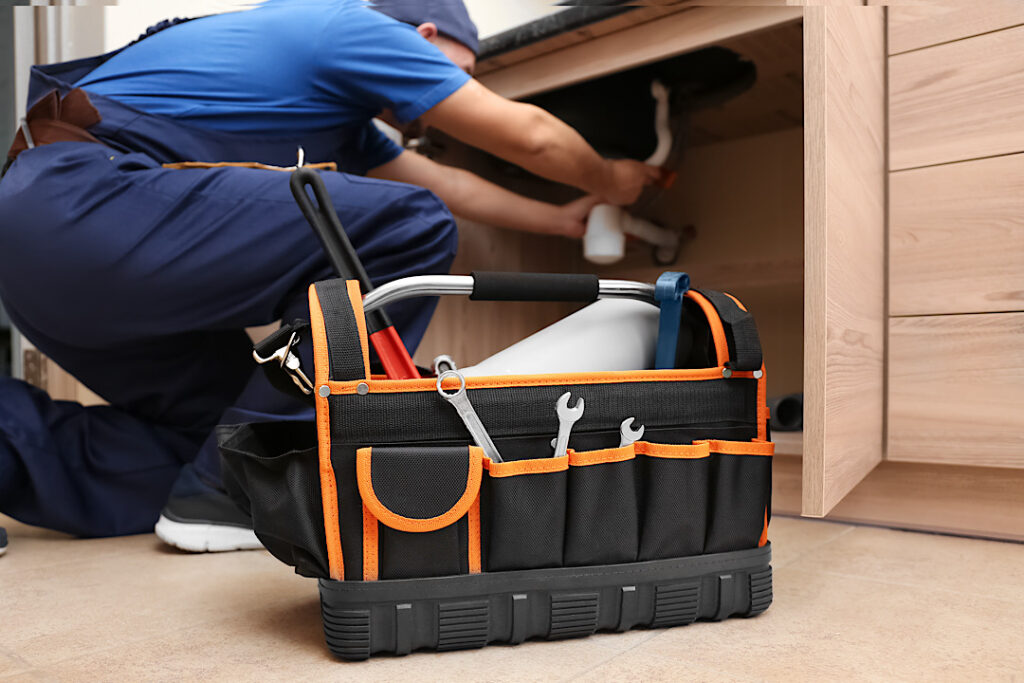
Winter’s harsh conditions can significantly affect your home’s plumbing system. As temperatures drop, pipes can freeze and expand, leading to cracks and leaks that become apparent with the arrival of spring. Addressing these issues promptly can prevent minor problems from escalating into major headaches, ensuring your plumbing remains functional and efficient. This article dives into effective strategies for pipe repair, solutions for frozen pipes, and leak detection techniques to secure your plumbing system after the winter months.
Addressing Winter’s Toll on Your Pipes and Preventing Spring Leaks
The aftermath of winter poses various challenges to residential plumbing systems, including the risk of frozen pipes, leaks, and the potential for significant water damage. Here’s how Myrtle Beach homeowners can tackle these common post-winter pipe problems:
Assessment and Early Detection: Begin with a comprehensive inspection of your plumbing system as soon as the weather permits. Check for any visible signs of damage, such as wet spots on walls and ceilings, which could indicate leaks. Listen for the sound of running water when all taps are turned off; this can signify hidden leaks.
Thawing Frozen Pipes: If you encounter pipes frozen over the winter but have not yet burst, act quickly to thaw them. Turn on the faucet to allow water to flow through, and gently apply heat to the frozen section using a hair dryer, heat lamp, or electric heating pad. Never use an open flame as it poses a significant fire risk.
Repairing Cracks and Leaks: A temporary fix can be achieved using pipe sealant or plumbing tape for minor cracks and leaks. However, consider replacing the damaged section of the pipe for a more durable repair. Copper and PVC pipes require different approaches, so ensure you have the correct tools and materials, or consult a professional plumber for complex repairs.
Leak Detection Systems: Invest in a leak detection system that can alert you to the presence of water where it shouldn’t be. Advanced systems can automatically shut off the water supply to prevent extensive damage. Installing water sensors near appliances, sump pumps, and basements can provide peace of mind.
Insulation as a Preventive Measure: Proper insulation of your plumbing system is not just a winter task. Maintaining well-insulated pipes can prevent condensation and subsequent corrosion in the warmer months. Insulate pipes in unheated garages, basements, and crawl spaces to protect against unexpected temperature drops.
Professional Inspection: If you’re unsure about the extent of the damage or how to repair it, scheduling a professional inspection is a wise decision. Plumbers have the expertise to identify problems that may not be immediately apparent and can offer solutions to prevent future issues.
Routine Maintenance: Regular maintenance is crucial for the longevity of your plumbing system. Spring is an excellent time to flush out water heaters, check for slow leaks in toilets, and clean out faucet aerators to ensure everything works.
Preventive Measures for Future Winters
To mitigate the risk of pipe problems in future winters, consider implementing the following preventive measures:
- Strategic Insulation: Apply insulation to pipes in vulnerable areas. Pipe sleeves and heat tape can provide added protection against freezing temperatures.
- Keep the Heat On Keeping your home heated to at least 55°F, even when you’re away, can prevent pipes from freezing.
- Seal Cracks and Openings: Seal any cracks or openings in exterior walls and foundations to keep cold air away from pipes.
- Disconnect Outdoor Hoses: Remove, drain, and store outdoor hoses. Close the inside valves supplying outdoor hose bibs and open the outside ones to allow water to drain.
The transition from winter to spring is a critical period for your home’s plumbing system. By taking proactive steps to address and prevent pipe problems, homeowners can avoid the inconvenience and expense of water damage. Regular maintenance, coupled with timely repairs, ensures that your plumbing system remains robust and ready to face the changing seasons.

